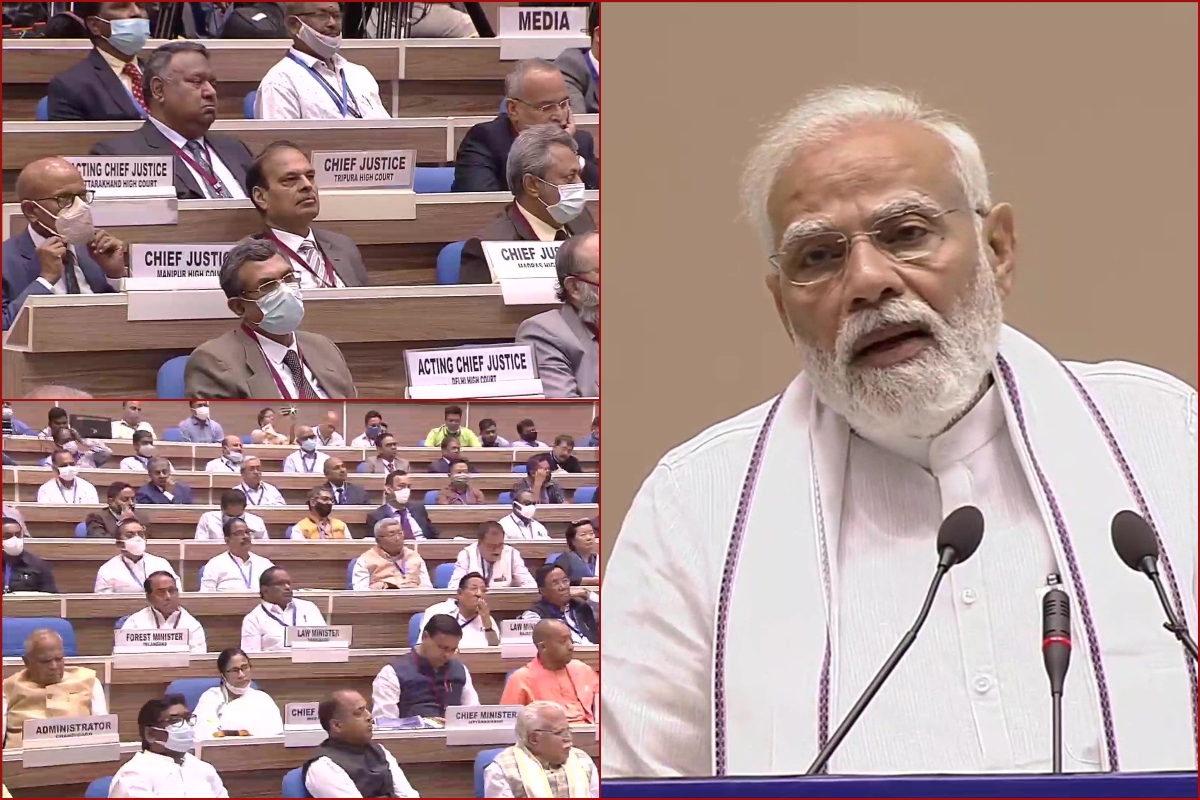The Narendra Modi government has made its position clear: national security is non-negotiable, and rogue neighbour Pakistan must be taught a lesson it won’t forget. The Prime Minister has promised an unprecedented response—one Pakistan wouldn’t have imagined in its wildest dreams. Unlike the past, this time, the Centre is moving with both resolve and responsibility.
In a welcome move, the Modi government is taking all state governments into confidence before acting. From convening an all-party meeting chaired by Defence Minister Rajnath Singh, to engaging directly with Chief Ministers and top bureaucrats, the message is unambiguous: India is united, and state governments are stakeholders, not spectators, in this mission.
The gravity of this moment cannot be overstated. Previous retaliatory actions—such as the 2016 surgical strikes and the Balakot air strikes post-Pulwama—were met not with unity but with scepticism from the Opposition. “Where is the proof?” they asked, mocking not just the government, but the armed forces. The price they paid was political, but the damage to national morale was far greater.
This time, there is no room for such games. The Union Home Ministry has issued a directive to all states to identify and monitor Pakistani nationals who may have entered India on various visas. With just 24 hours to act, some states—particularly BJP-ruled ones like Gujarat, Uttar Pradesh, Rajasthan, Bihar, and Maharashtra—responded swiftly. Gujarat police, for instance, identified over 500 illegal Bangladeshi nationals in a matter of hours.

In contrast, Congress-ruled southern states like Karnataka, Kerala, and Telangana have appeared slower to respond. This is deeply concerning, not least because these states have, in the past, seen multiple arrests of terror suspects by the NIA and other central agencies. The demographic complexity of these regions, particularly areas with a high concentration of Muslim populations, makes vigilance even more critical—not less.
Unconfirmed but credible reports suggest the Union Home Ministry has flagged several potential targets in Andhra Pradesh and Telangana. These include high-footfall areas like Hyderabad’s Rajiv Gandhi International Airport, Tirupati’s Tirumala temple, Visakhapatnam’s railway station and beach, and key transport hubs in Vijayawada. These sites attract tens of thousands of people daily, making them vulnerable.
If any state is lax in tightening security or fails to act on intelligence inputs, the consequences could be disastrous—not just in terms of human lives lost but also the morale of a nation finally willing to take the fight to the enemy. A single misstep by any state could undermine the Centre’s efforts and give terrorists exactly the opportunity they seek.
That is why the responsibility today lies as much with state governments as with the Centre. All political parties may have promised to back the government, but words must translate into swift and visible action. Security is not a partisan issue; it is a national imperative.
State chief ministers must now rise above their ideological compulsions. Whether it’s Telangana’s Congress-led government or Kerala’s Left, no one can afford complacency. If a terror attack occurs in any state—BJP or otherwise—it will be a failure shared by all. There will be no room for post-facto blame games.
This is not just about preventing another Pulwama or 26/11. It is about demonstrating, once and for all, that India’s internal politics stops where national security begins. Every Indian—regardless of party, religion, or region—must put the country first.
Enough has been said. Now it’s time to act.





